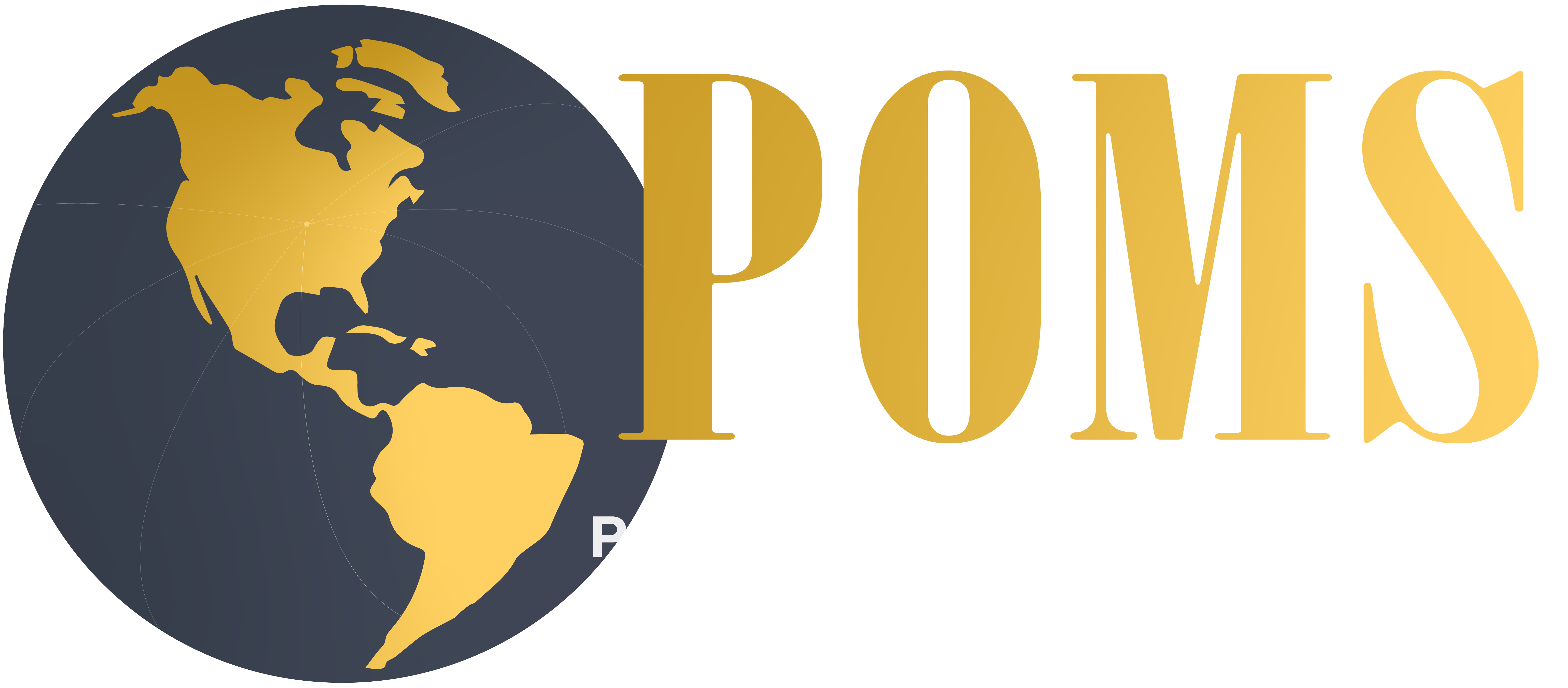DIGITAL PLATFORMS, INNOVATIONS, AND TRANSFORMATIONS
Mission Statement
Production and Operations Management practices are undergoing a dramatic transformation because of the emergence of new digital technologies, platform strategies, and business models. The Digital Platforms, Innovations, and Transformations (DPIT) department focuses on the deployment of platforms, data-driven innovations, and allied business models and/or organizational transformations for managing operations for improved sustainability and overall performance improvement. This improvement may be associated with either shorter-term business model innovations or longer-term digital and physical infrastructure growth. We encourage path-breaking papers that engage with phenomena that include the incorporation of new digital technologies (e.g., artificial intelligence), human-centered design, radical and significant innovations, mechanisms, market design, and transformations that affect the operations of firms, and the experiences of and outcomes for users, customers, suppliers, employees, and ecosystem stakeholders.
We are interested in novel papers that use a broad range of methodologies, including analytical models, data analysis, field experiments, qualitative analysis, behavioral theory, and computer simulation. Papers must provide significant and managerially relevant contributions to important research questions. Contributions must be clearly articulated in the paper, including their impact on both theory and practice and should be significantly beyond minor extensions to existing work. Papers must be well-written, well-motivated, and executed with the highest rigor. We encourage authors to consider other outlets or departments where their work may be a better fit because of domain or methodology relevance. We will swiftly reject or redirect papers based on the above screening criteria while considering the fit with our department. Papers that emphasize platforms should make a significant contribution to both the platform and operations literature, even though we recognize that disciplinary boundaries are malleable and forever expanding.
Future research opportunities can be mapped in terms of the nature of technologies (mature versus emerging) and types of operations management (OM) issues (mature versus emerging). We call for studies that emphasize either new technologies applied to mature OM areas of inquiry, such as how to optimize supply and demand, or new technologies applied to emerging OM areas, such as sustainability or resilience. We also welcome studies that address frontier OM agenda research questions such as, how do emerging technologies help with key operations goals? Having said this, we welcome fundamental contributions to existing research areas.
Departmental Editors
 Professor Nitin Joglekar
Professor Nitin Joglekar
Villanova University
nitindra.joglekar@villanova.edu
 Professor Sunil Mithas (Empirical Methods)
Professor Sunil Mithas (Empirical Methods)
University of South Florida
smithas@usf.edu

Professor Geoffrey G. Parker (Analytical Modeling)
Dartmouth College
geoffrey.g.parker@dartmouth.edu
Senior Editors
Edward G. Anderson Jr., University of Texas at Austin
Jian Chen, Tsinghua University
Ruomeng Cui, Emory University
Amitava Dutta, George Mason University
Burcu Tan Erciyes, University of New Mexico
Kunsoo Han, McGill University
Nina Huang, University of Miami
Antonio Moreno, Harvard Business School
Hubert Pun, Western University
Terence Saldanha, University of Georgia
Hyoduk Shin, University of California - San Diego
Daewon Sun, University of Notre Dame
Yinliang (Ricky) Tan, China Europe International Business School
Lin Tian, Fudan University
Onesun Steve Yoo, University College London

